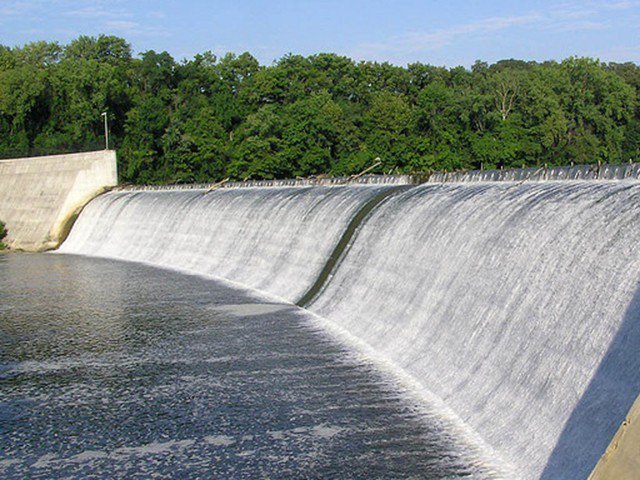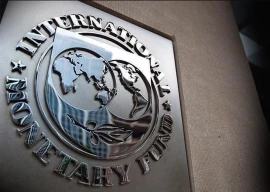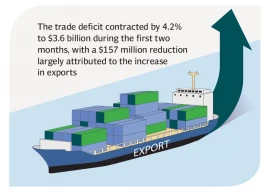
Sindh Abadgar Ittehad (SAI) has announced a protest against the proposed amendments to the Indus River System Authority (IRSA) Act.
"In 1991, an agreement was reached on the distribution of water among the provinces, under which the IRSA Act was enacted.
However, amendments being made to take away the powers from IRSA and provincial governments and give them to the prime minister, causing great concern among farmers," SAI President Nawab Zubair Ahmed Talpur said.
Addressing a press conference at the Hyderabad Press Club on Wednesday, Talpur, said that it was regrettable that the .Sindh government was silent on this matter, which was unacceptable in a democratic country.
He said that the purpose of these amendments was to provide water to corporate farming and make arbitrary decisions, which could jeopardize the agreement reached on water distribution.
He demanded that the proposed amendments to the IRSA Act be withdrawn, otherwise, protests will be held.
SAI president held the Sindh government and Irrigation Department responsible for the damage to crops due to the non-drainage of rainwater and demanded compensation for the losses suffered by farmers. He said that Pakistan Meteorological Department (PMD) and NDMA had warned in advance that the rains would be above average, but despite this, the Sindh government and Irrigation Department did not take timely measures, resulting in crops such as cotton, rice, chillies, tomatoes, and onions being destroyed.
Talpur further said that in the current season, there was first a shortage of water, then the Sukkur Barrage gate broke, followed by a breach in the Rohri Canal, and now the rains have increased, causing huge financial losses to farmers. He demanded that farmers' losses be compensated, loans be waived, and farmers be helped to drain standing water from their crops.
Regarding wheat production, he said that last season, there was a record production of wheat, but despite this, wheat was imported, which caused the market to crash and farmers suffered heavy losses. He said that Sindh farmers have decided, like Punjab, to cultivate wheat only for their own needs this time.

















1725434334-0/Untitled-design-(35)1725434334-0-270x192.webp)






COMMENTS
Comments are moderated and generally will be posted if they are on-topic and not abusive.
For more information, please see our Comments FAQ